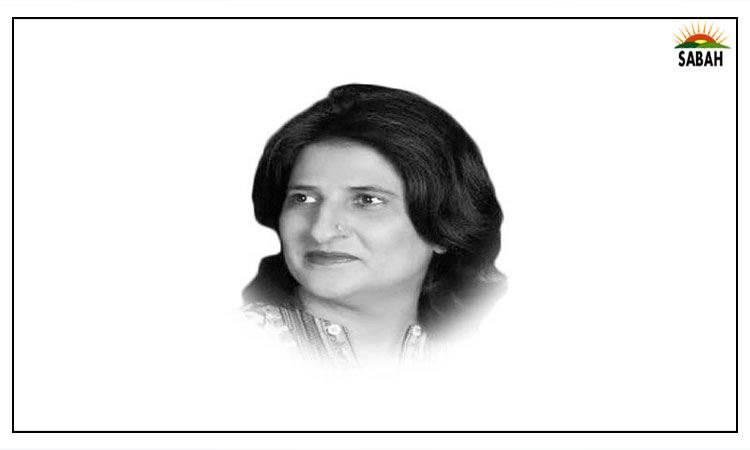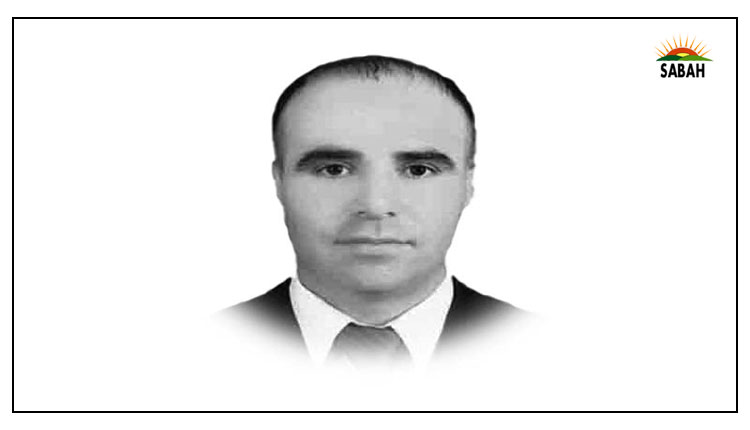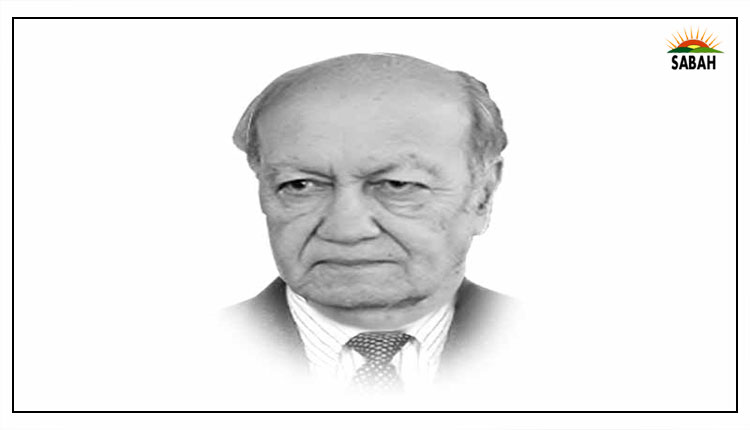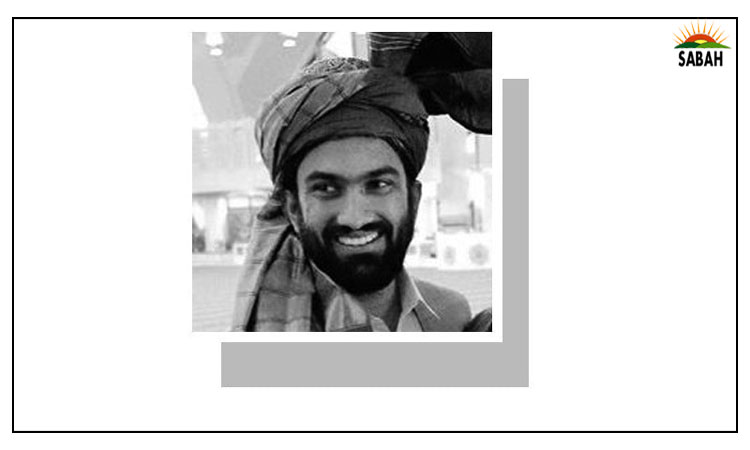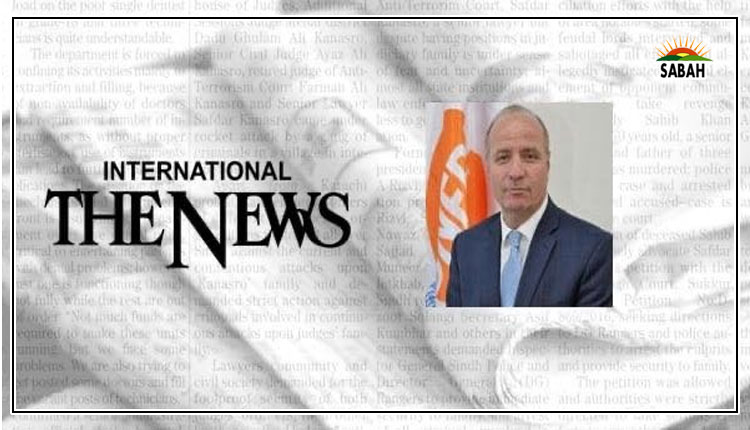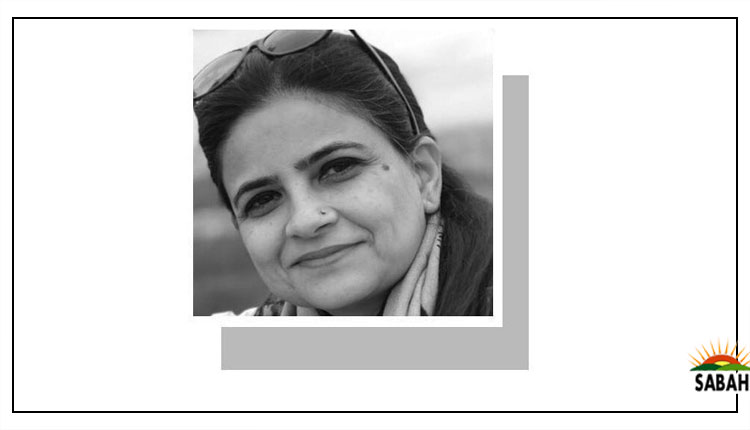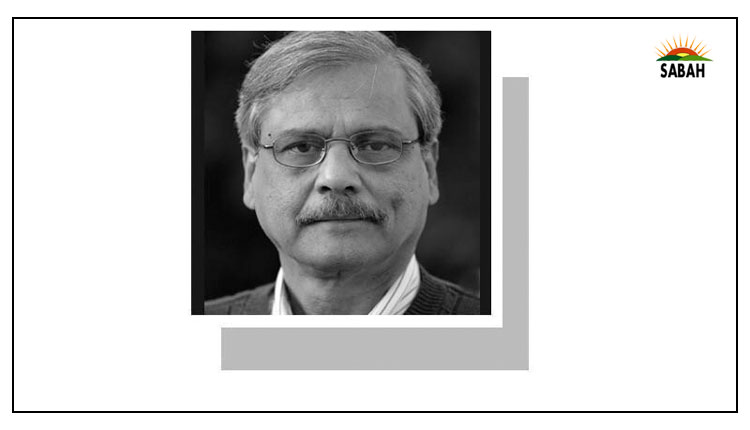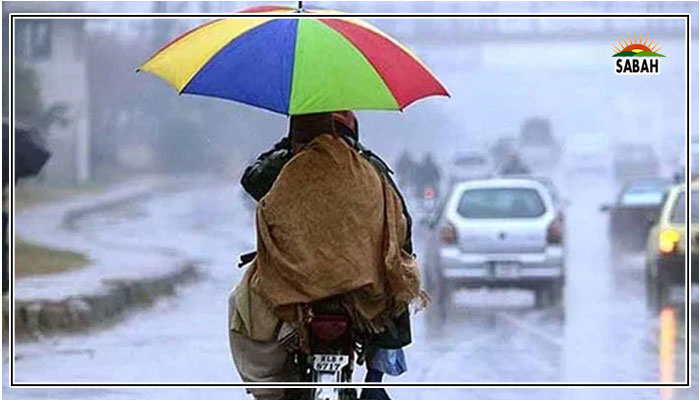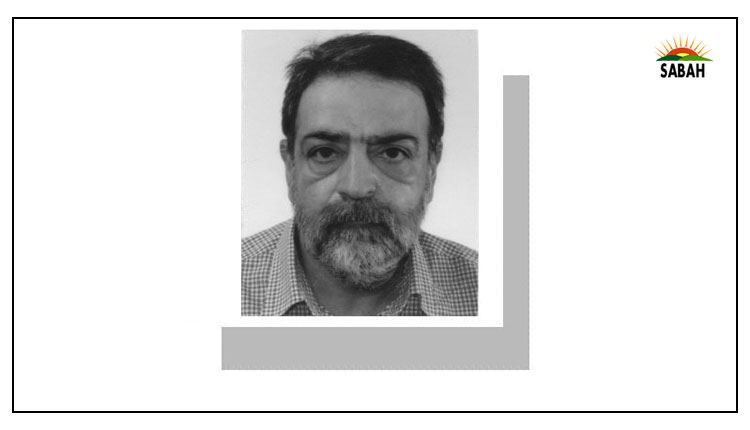Bangkok backslide۔۔۔Mahir Ali
IT did not come as much of a surprise when Pita Limjaroenrat was prevented from becoming the prime minister of Thailand earlier this month. After all, his potential problems on the path to power were widely discussed after his Move Forward party won the highest number of votes in the May elections.
Somewhat less expected was the party leaders suspension from parliament by the constitutional court, after it accepted a case challenging Pitas eligibility as a candidate. The disqualification charge relates to his alleged ownership of (inherited) shares in an effectively defunct media company. But thats just a technicality: the underlying reasons for the heavily military-flavoured Thai establishments resistance to a Move Forward-led government are hardly a state secret.
The partys campaign agenda included vows to challenge both military involvement in politics and the dominant clout of monopolies in the economy, posing a twin threat to vested interests. Arguably an even bigger issue, though, was the questioning of royal absolutism and, more specifically, the absurdly anachronistic lese-majeste laws that punish even the mildest criticism of the monarchy. Just a couple of years ago, a former civil servant in her 60s was sentenced to 87 years in prison for posting audio clips on social media. It was reduced to 43 years after she pleaded guilty.
Thats longer than Pita has been around. The 42-year-olds chances of becoming prime minister rested on securing a parliamentary majority, but while the elected Lower House proved willing to back him, he won only 13 out of a possible 249 votes in the unelected senate. The senators couldnt care less about the popular will because they are picked by the army and any shift in the status quo could jeopardise their status.
The trend in Thailand is neither unusual nor unique.
What lies ahead for Thailand is unclear. Media reports suggest a likely alternative is property tycoon Srettha Thavisin, a luminary of the Pheu Thai party that entered into a coalition with Move Forward, but has a chequered history with the military, exemplified by the fate of its exiled former prime minister Thaksin Shinawatra (toppled in 2006) and his sister Yingluck (thrown out in 2014).
The election result in May was portrayed in the Western media as a triumph for progressivism a concept that has become more nebulous of late. Pita evidently became interested in politics at school in New Zealand, and was enthused by the Obama presidential campaign while at Harvard. He claims to be an admirer of Uruguays Jos Mujica, and recently told The New York Times he was reading Bernie Sanders book Its OK to be Angry about Capitalism.
None of that necessarily suggests an inclination to overturn the existing order: it seems the idea, at best, is to tweak it and to pull Thailand out of the dark ages. Reducing the political input of the monarchy and the military would be an achievement, and may set Thailand on a path where progressivism goes beyond the US-sponsored rules-based order that Pita appears to favour. But it seems all aspects of modernity are anathema to the Thai military and the related stakeholders.
In terms of its polity, its hard to discern how much better Thailand is than its neighbours Myanmar and Cambodia. Military rule is even more regular and abrasive in Myanmar, which is embroiled in a sporadic civil war after the army overthrew an allied political order. In Cambodia, Hun Sen, in power for nearly 40 years, further solidified his support last weekend by excluding adversaries through bans and imprisonment. He intends to emulate North Korea by passing the baton to his son, Hun Manet a West Point graduate who might not measure up to the expectations of his Pentagon tutors.
Inevitably, coup-prone Thailand and Myanmar throw up parallels with Pakistan, not least in the context of the coalescence between feudalism and militarism, alongside obvious variations. Common ground can also be located in the resistance to various aspects of modernity and, of course, democracy. The latter, though, is also clearly ailing in nations where it was long considered the established norm, from India to the US, and across much of Europe.
Thailand could have gone a different way, but it seems the very idea of curbing the military and downgrading let alone abolishing, which really ought to be the aim the monarchy is a bridge too far for the dominant segments of the elite. As one Thai voter told AFP, Why ask people to go to the polls? Why dont you just pick someone from your families to be the prime minister?
Its a reasonable question, and not just for Thailand. But the show must go on, the democratic charade, even if the crown goes to the clown. The very concept of democracy is due for a reckoning. Where it might begin remains an open question.
mahir.dawn@gmail.com
Courtesy Dawn, July 26th, 2023


